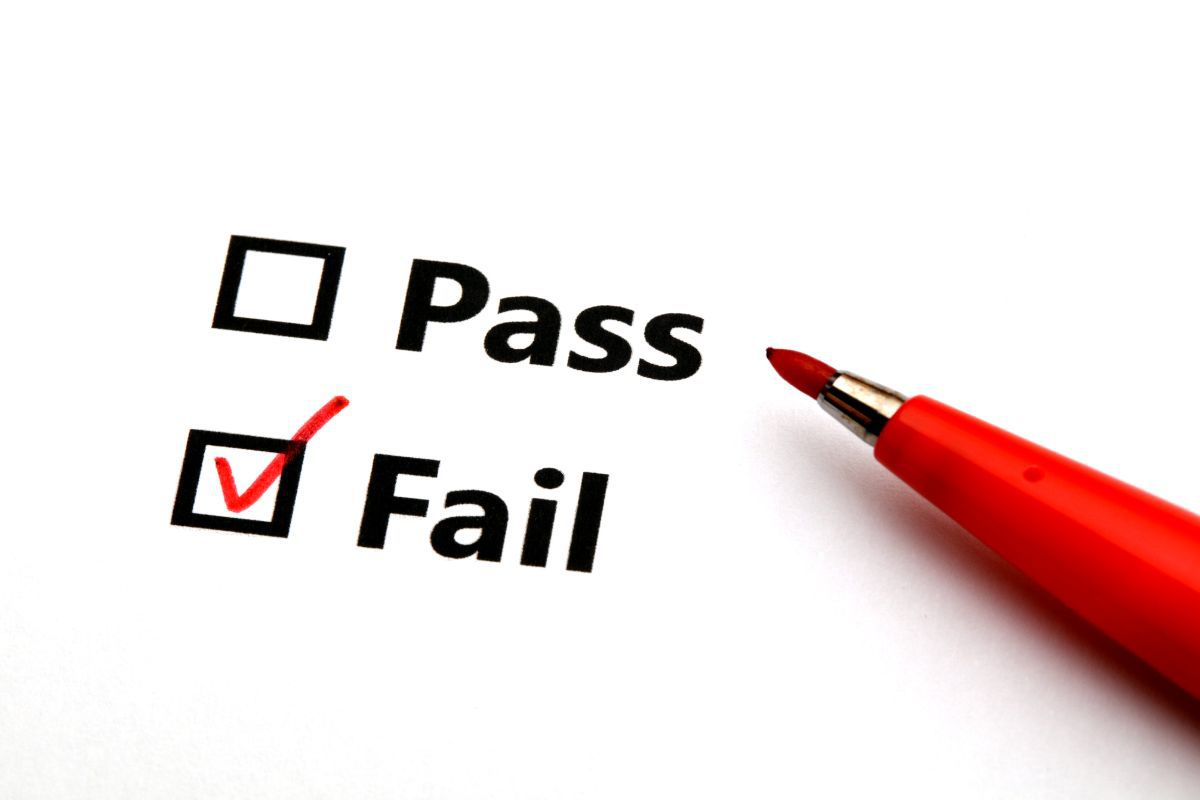When purchasing real estate, you can and should conduct due diligence concerning the property before you purchase it. You certainly can purchase real estate on an “as is” basis and waive your right to have the property inspected for defects, but in most cases, inspections are wise. If a real estate inspection reveals some deficiencies, you have various options for remedying those deficiencies. An Arizona real estate lawyer can assist you if you need legal counsel during your real estate transaction or legal representation when a dispute occurs.
The Inspection Period
Most residential real estate transactions use the Residential Real Estate Purchase Contract of the Arizona Association of Realtors®, although this standard form is not required. This form provides a default inspection period of ten days, although the parties can agree to extend this period if needed.
During this inspection period, buyers can conduct whichever non-invasive home inspections they choose. In many cases, the bank or lender financing the real estate transaction may require various inspections if they have yet to occur, including appraisals, general home inspections, and termite inspections. The buyer also may be interested in looking at other issues, such as water availability or homeowner’s insurance coverage, based on the property’s location.
Generally, the purchase agreement is contingent upon the outcome of these inspections. After the inspection period has ended, if the buyer disapproves of any inspection findings, the buyer can submit a Buyer’s Inspection Notice and Seller’s Response (BINSR) to the seller. Essentially, the BINSR lists the items or deficiencies with the home that the buyer does not approve. At that point, the buyer can exercise any of the following options:
- Cancel the contract;
- Provide the seller with the opportunity to fix the problems;
- Offer a reduced purchase price to accommodate the cost of fixing the problems; or
- Accept the property in its current condition.
The seller then can respond to the BINSR and either agree or refuse to fix some or all the problems with the property. If the seller refuses to fix the items, the buyer can cancel the contract or accept the property in its current condition or as the parties can agree.
Seller Property Disclosure Statements
In addition to inspections, the Residential Real Estate Purchase Contract requires the seller to provide the buyer with a completed Seller Property Disclosure Statement (SPDS) within five days of accepting the contract. Typically, a home inspector will use the SPDS as a starting guide to inspect any disclosed defects in the home.
The SPDS requires the seller to disclose detailed information about any known defects in the property. For example, if the seller is aware that the roof has leaked in the past or that the property was used as a rental property, the seller must make those disclosures to the buyer on the SPDS. As part of the SPDS, the seller also warrants that they have disclosed all known material latent defects about the property and any other known information that might affect the property’s value.
Home Defect Disputes
If you purchase a home and later discover a defect that a home inspector did not find and that the seller did not disclose in the SPDS, you may wonder if you have any legal recourse. In some situations, you may have a legal cause of action, depending on the circumstances.
Most home inspection contracts have a clause limiting liability to the home inspection cost. These types of clauses are legitimate, and Arizona courts have upheld them. As a result, damages in a suit against a home inspector would be extremely limited by such a clause.
Furthermore, you likely need an expert, or another home inspector, to testify at trial to find a home inspector negligent. The cost of hiring an expert to prepare a report and testify would greatly outweigh the potential damages you could collect from a lawsuit in which liability is limited.
Holding the seller responsible for a latent material defect requires proof that the seller knew the defect. However, not all defects are easily visible to the seller or buyer, so if a defect never caused problems, the seller may have legitimately not known about the defect. Therefore, the seller could not have disclosed the defect on the SPDS.
On the other hand, if the defect was apparent, such as a window or roof that leaks every time it rains, the seller must have known about the defect. In that case, the buyer may have a legal cause of action against the seller for failing to disclose a material defect.
Contact Us Today for Help with Your Real Estate Law Issues
The real estate attorneys of Provident Law have over 200 years of combined legal experience. We aim to build a relationship with you and our clients as we work with you through your most complex legal problems. Call us today at (480) 388-3343 or contact us online to see what we can do for you.


